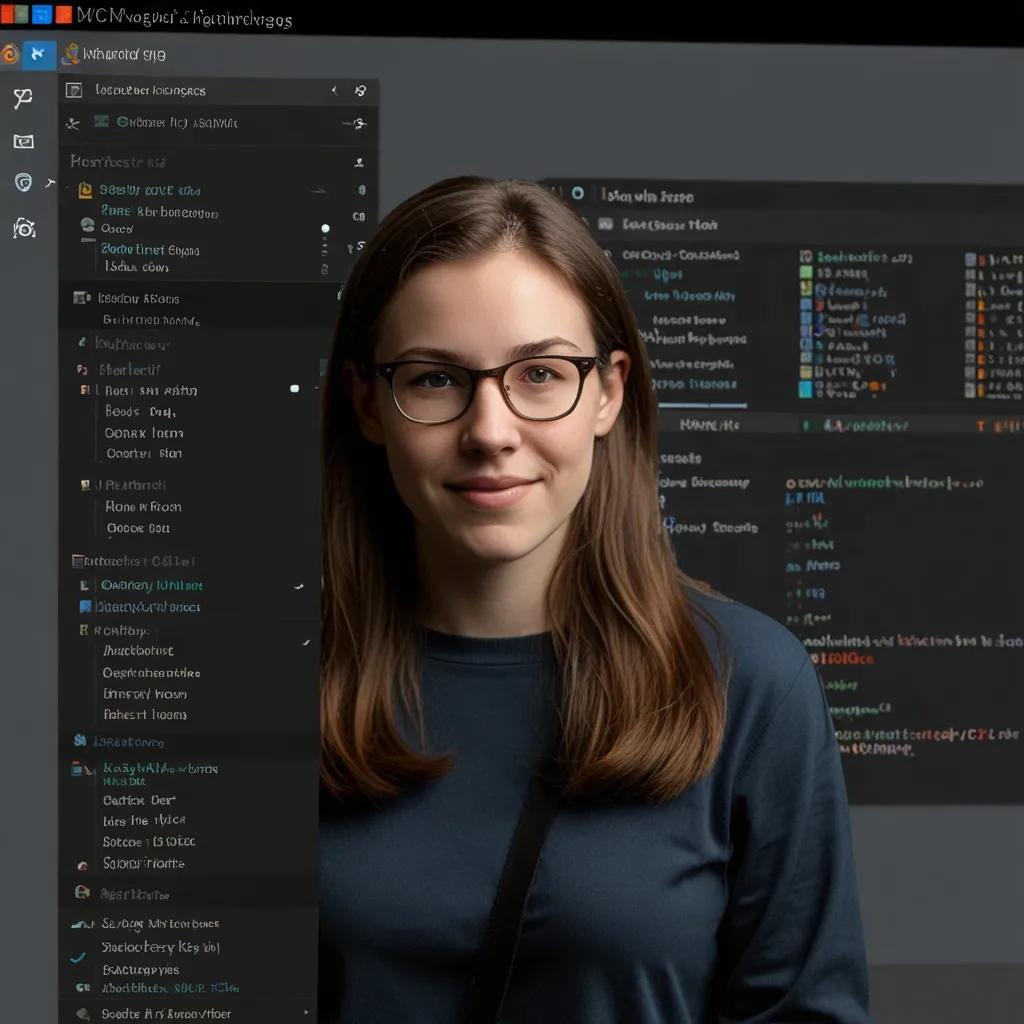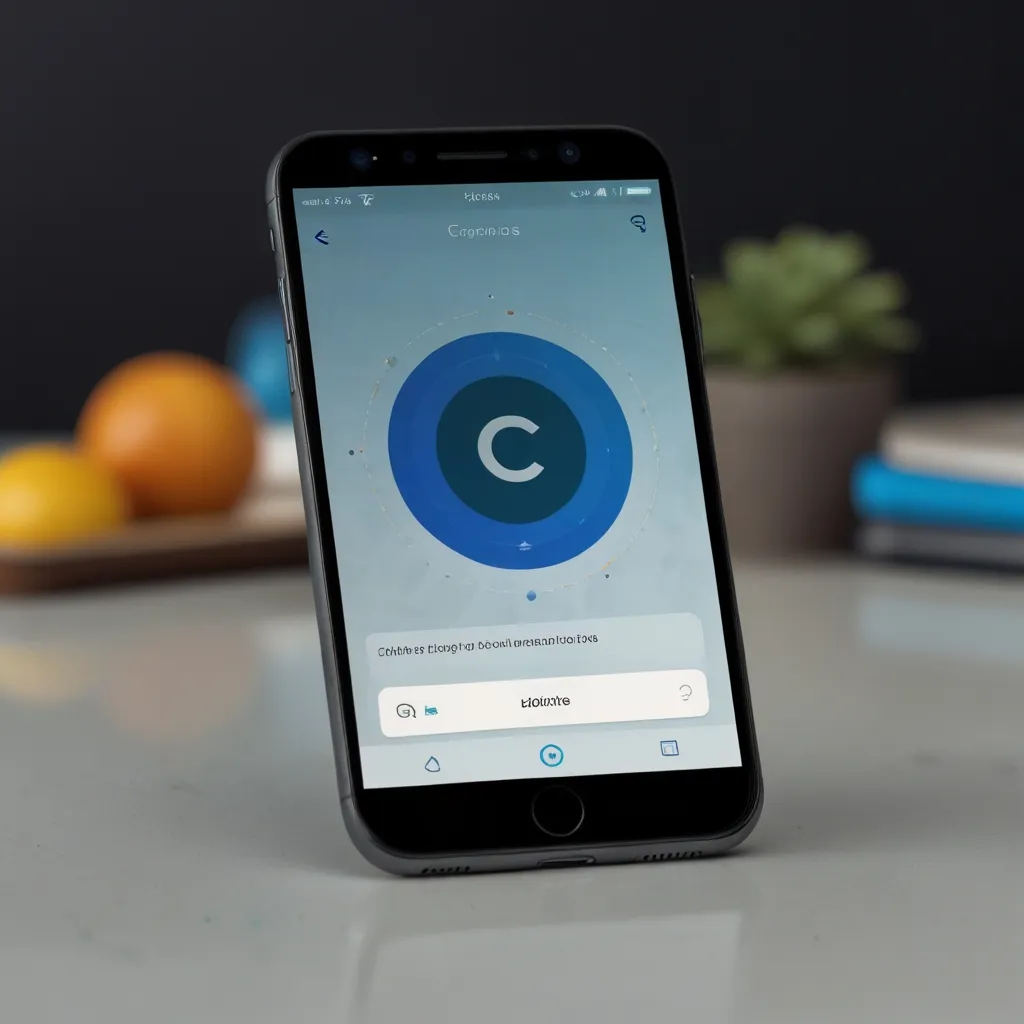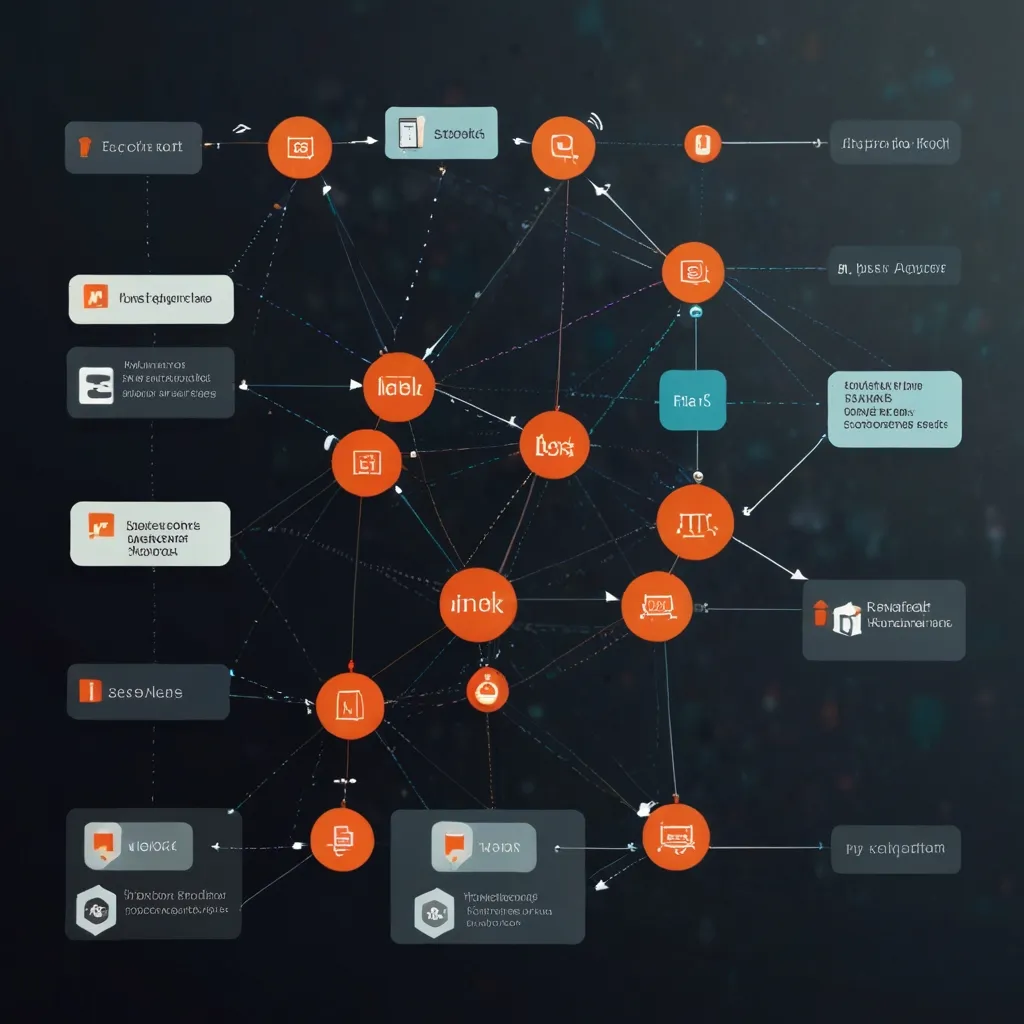Hey there! Today we’re diving into the world of wxWidgets, a super cool C++ library that makes it a breeze to build cross-platform GUI applications. If you’ve ever wanted to create an app that runs smoothly on Windows, macOS, and Linux, this gem might just be your best friend.
So, what’s the big deal with wxWidgets anyway? Well, for starters, it lets you write your code once and then run it natively on multiple operating systems. That means you don’t have to pull your hair out trying to tweak your app for each platform – wxWidgets takes care of that for you! Plus, because it uses the native API of each platform, your apps will look and feel right at home whether you’re on a PC, Mac, or a Linux machine.
One thing that makes wxWidgets stand out is its ability to smooth out the differences between various platforms. Think of it as a magical translator that makes sure your code speaks the native language of whichever operating system it’s running on. So, if you’re coding a desktop app and you want it to run on both Windows and macOS, wxWidgets will handle all those pesky platform-specific details, letting you focus on the fun stuff – like making your app awesome!
This library isn’t just a one-trick pony either. It supports a whole bunch of platforms, from Windows 7, 8, 10, and 11 (both 32-bit and 64-bit) to most Unix variants via the GTK+ toolkit and macOS (from version 10.10 onwards) on both amd64 and ARM platforms. That’s some serious reach! Essentially, with wxWidgets in your arsenal, your app can potentially be on millions of devices without needing different codebases.
Let’s talk about compiler compatibility. wxWidgets works with a range of C++ compilers such as Microsoft Visual C++ (2015 or later), g++ (4.8 or later), and Clang (up to version 16). This flexibility means you can slot wxWidgets into your existing development setup without breaking a sweat – no need to overhaul your entire workflow.
Now, the nitty-gritty of licensing. wxWidgets comes with a modified version of the LGPL or Lesser General Public License. This license is pretty developer-friendly. You can use wxWidgets in both open-source and commercial applications, and there’s no need to distribute your application’s source code, even if you’re statically linking the library. So, you get the best of both worlds – the freedom to code and the freedom to choose how you distribute your work.
Building and installing wxWidgets? Piece of cake. The library provides detailed, platform-specific documentation that’ll guide you through the setup process. For instance, if you’re working with Visual Studio, you can quickly install wxWidgets using vcpkg and set up your project without much hassle. It’s as if they’ve rolled out the red carpet just for you.
Creating GUI applications with wxWidgets is also a joyride. It comes with a rich set of tools and APIs to craft interfaces, including various GUI elements like buttons, text controls, and menus. And if you’re someone who loves designing visually, wxWidgets has you covered with tools like wxFormBuilder. This nifty tool lets you design your GUI visually and then spits out the corresponding code. Win-win!
To give you a tentative stepping stone, let’s quickly check out a “Hello, World!” example.
#include <wx/wx.h>
class MyApp : public wxApp {
public:
bool OnInit() override {
wxFrame *frame = new wxFrame(NULL, wxID_ANY, "Hello World");
frame->Show(true);
return true;
}
};
wxIMPLEMENT_APP(MyApp);
This tiny snippet defines a simple application that fires up a window titled “Hello World.” It’s a neat way to get acquainted with the basic structure of a wxWidgets application. You’ll see wxApp and wxFrame classes in action here.
Moving on to something a bit more interactive – event handling. This feature is pivotal in any GUI application. wxWidgets boasts a solid event handling system, allowing you to respond to user actions like button clicks, key presses, or mouse movements with ease. Fancy a quick example? Here’s how you could handle a button click event:
#include <wx/wx.h>
class MyFrame : public wxFrame {
public:
MyFrame() : wxFrame(NULL, wxID_ANY, "Button Example") {
wxButton *button = new wxButton(this, wxID_ANY, "Click Me");
button->Bind(wxEVT_BUTTON, &MyFrame::OnButtonClicked, this);
}
void OnButtonClicked(wxCommandEvent& event) {
wxMessageBox("Button clicked!", "Info", wxOK | wxICON_INFORMATION);
}
};
class MyApp : public wxApp {
public:
bool OnInit() override {
MyFrame *frame = new MyFrame();
frame->Show(true);
return true;
}
};
wxIMPLEMENT_APP(MyApp);
In this fun instance, the method OnButtonClicked gets into action as soon as the button is clicked, bringing up a message box with some info. It’s tiny touches like these that make user interaction delightful.
Why is cross-platform development such a major win with wxWidgets, you ask? It ensures you can build a single application that runs effortlessly on multiple platforms. Here’s a simple snippet for a cross-platform example:
#include <wx/wx.h>
class MyApp : public wxApp {
public:
bool OnInit() override {
wxFrame *frame = new wxFrame(NULL, wxID_ANY, "Cross-Platform Example");
frame->Show(true);
return true;
}
};
wxIMPLEMENT_APP(MyApp);
This code is like a universal key that unlocks doors across various platforms supported by wxWidgets, without needing any platform-specific tweaks.
Beyond the tech specs, wxWidgets has a vibrant and supportive community. From mailing lists and discussion forums to IRC channels, there are plenty of places where you can connect with other developers for help and advice. Plus, wxWidgets has extensive documentation and a bunch of examples to get you started and keep you going.
In wrapping things up, wxWidgets is a powerhouse for anyone keen on building cross-platform GUI applications. With its simplicity in usage, broad range of supported platforms, and robust set of features, it’s an excellent choice whether you’re a newbie dipping a toe in the water or a seasoned developer wading in deep. From crafting simple desktop applications to architecting intricate enterprise solutions, wxWidgets equips you with the right tools and abundant resources to bring your projects to life.
So why not give wxWidgets a whirl and see how it can streamline your cross-platform development journey? Happy coding!






